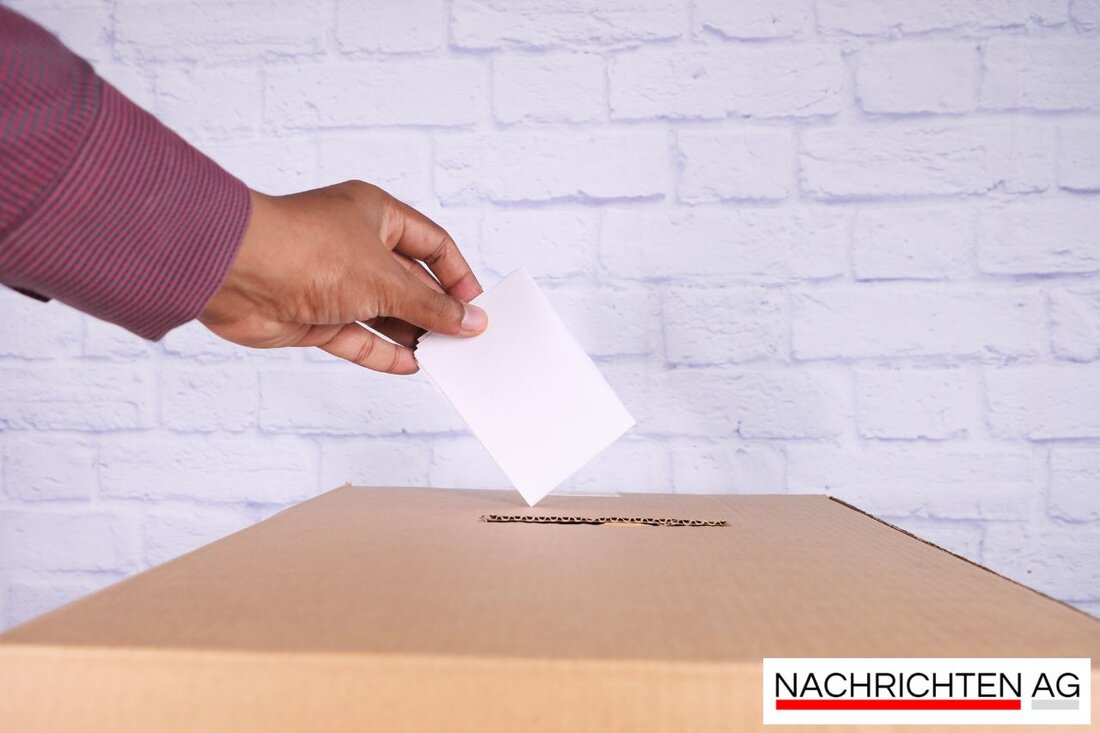Flea markets are booming: This is how Frickingen discovers the love of second-hand!
Flea markets in the Lake Constance district are booming: sustainability, second-hand fashion and local events are promoting new purchasing behavior.

Flea markets are booming: This is how Frickingen discovers the love of second-hand!
The times when flea markets were just considered flea markets are over. More and more people, especially from the Bodenseekreis region, are discovering the advantages of second-hand shopping. How South Courier reports, you can find at least one or two flea markets per year in almost every town, which not only avoid waste, but also offer a colorful range of vintage pieces.
A particularly popular market recently took place in the Frickingen festival hall. Organized by the school support association, it was open on Saturdays from 5pm to 8pm and offered shoppers a relaxed atmosphere with drinks. In total there were around 65 stands there, which were visited by enthusiastic buyers. Lena Rütten and Mara Heller in particular appreciated the sustainability and the opportunity to find unusual clothing. Heller emphasized that it is not just the price that is important, but rather the reuse of clothing is more important.
Sustainability and market changes
Shoppers like Andrea Marent confirm the fun and benefits of strolling through the flea market. In addition to branded items at reasonable prices, an increased awareness of quality and fairness is also taken into account. Cristina Aguirre, sustainability officer, encourages you to keep your own responsibility and impact on the environment in mind when making purchases. More and more people, especially Millennials and members of Generation Z, are opening up their wallets and specifically buying second-hand because the positive effects are undisputed. Klimaschutz-Kommune.de highlights that the secondhand market has almost tripled since 2020, pushing the numbers to around $120 billion in 2022.
The switch to second-hand is not only fueled by changing purchasing behavior, but also by the challenges of retail. Bernhard Nattermann from the IHK Bodensee-Oberschwaben explains that the closure of retail stores is often related to demographic change and increased costs, especially since the Ukraine war. He emphasizes that flea markets should not be seen as competition, but rather as a valuable addition to selling excess clothing.
The preference for second-hand products
A survey by PwC shows that 70 percent of respondents between the ages of 18 and 43 already have experience with second-hand products. Around 55 percent use platforms like Vinted, while in Germany eBay remains the dominant platform of the same name with around 63 percent of users. The increasing purchase of second-hand clothing brings with it many advantages: In addition to the lower prices, there is also an emphasis on the aspect of sustainability. PwC reports a change in consumer mindset – low prices coupled with ecological considerations are attracting buyers.
Sellers like Martha Lorenz and Sieglinde Dukal are happy about the lively exchange at the flea market and advising buyers. In this way, everyone, whether buyer or seller, contributes to raising awareness of second-hand items as a sustainable alternative. The next autumn flea market on November 8th is already in the starting blocks, and the anticipation is palpable. The local shops could be stabilized through close cooperation between companies, municipalities and residents, as Nattermann concludes.

 Suche
Suche
 Mein Konto
Mein Konto